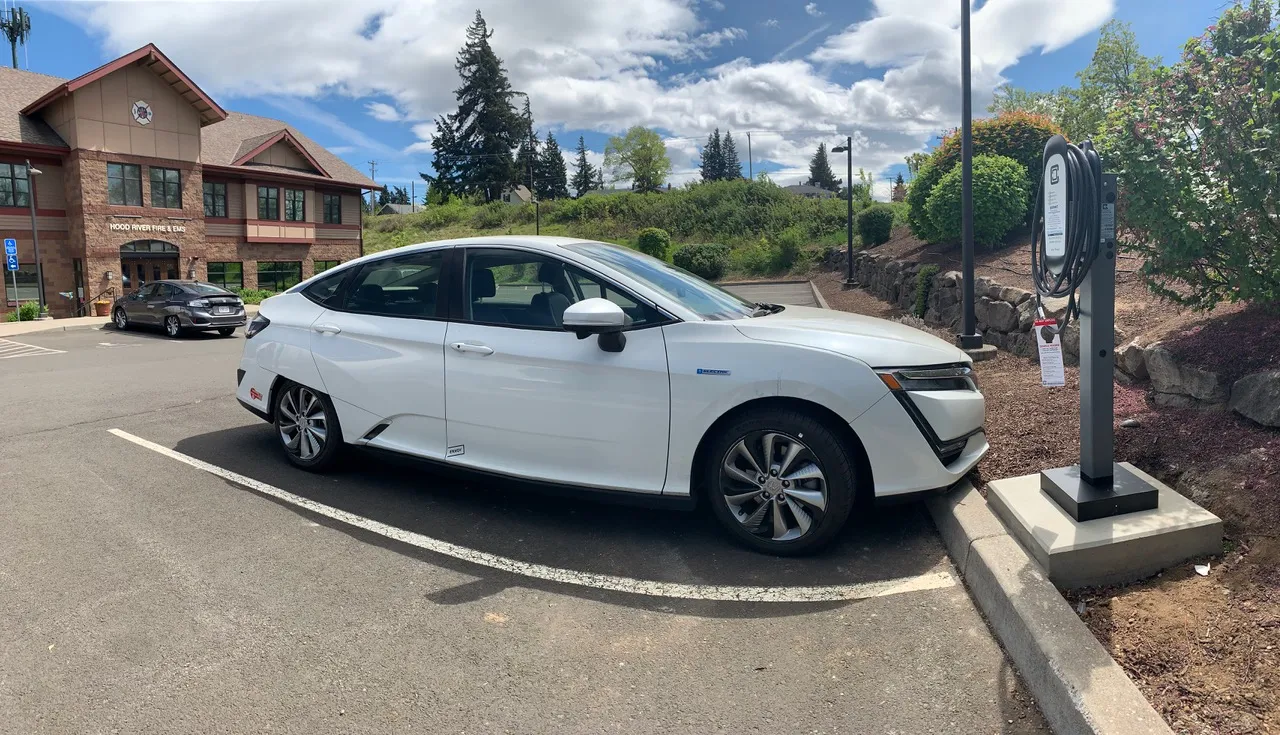
The UCS says this increase is partly due to deadheading - the increased miles a driver travels waiting for a ride request or picking up a passenger. Ride-hailing trips frequently replace lower-carbon transportation methods that consumers may have used otherwise such as public transit, walking or cycling.
The report, Ride-Hailing's Climate Risks: Steering a Growing Industry Toward a Clean Transportation Future, reveals that emissions caused by deadheading particularly relate to non-pooled rides in which a passenger travels to a destination without stopping to pick up other passengers.
UCS used publicly-available ride-hailing data to estimate that a non-pooled ride-hailing trip generates around 47% greater emissions than a private car trip in a vehicle of average fuel efficiency.
Despite this, replacing personal car trips with ride-hailing can be good for the climate if customers pool rides or use the service to connect to mass transit. Two passengers sharing a vehicle has 33% lower emissions than a non-pooled ride-hailing trip, UCS adds.
Don Anair, deputy director of the UCS clean transportation programme, says: “Despite these troubling findings about their climate impacts, ride-hailing services still have the potential to be part of a cleaner, low-carbon transportation future. Through electrification of vehicles and increased use of pooled rides, we can reduce the climate risks of ride-hailing services.”
Other findings show an electric ride-hailing trip can cut emissions by around 50% compared to the average private car journey. Also, an electric and pooled ride-hailing trip can reduce emissions by around 70% compared to the average car trip.
Jeremy Martin, director of fuel policy at UCS, believes the responsibility for change lies firstly with the ride-hailing companies themselves.
“Ride-hailing companies should take steps to reduce emissions by supporting their drivers in adopting electric vehicles, increasing pooling of rides, and encouraging travel by cleaner modes such as transit, walking, and biking where feasible,” he continues. “Ride-hailing companies should work to make sure their services complement, rather than replace, these lower-carbon options.”
The paper recommends policymakers ensure mass transit, walking and cycling are safe, affordable and convenient. Buses can be improved with bus-only lanes, redesigned routes and technology to give priority at traffic signals.
Additionally, It is calling on policymakers to encourage pooling by giving high-occupancy vehicles access to special lanes and designing streets to facilitate safe pick-up and drop-off of ride-hailing passengers.
UCS also wants federal and state policy makers to provide local jurisdictions with more flexibility to use available funding to address local needs. Federal and state laws and regulations should not limit the ability of local jurisdictions to address local pollution and congestion, the organisation concludes.










